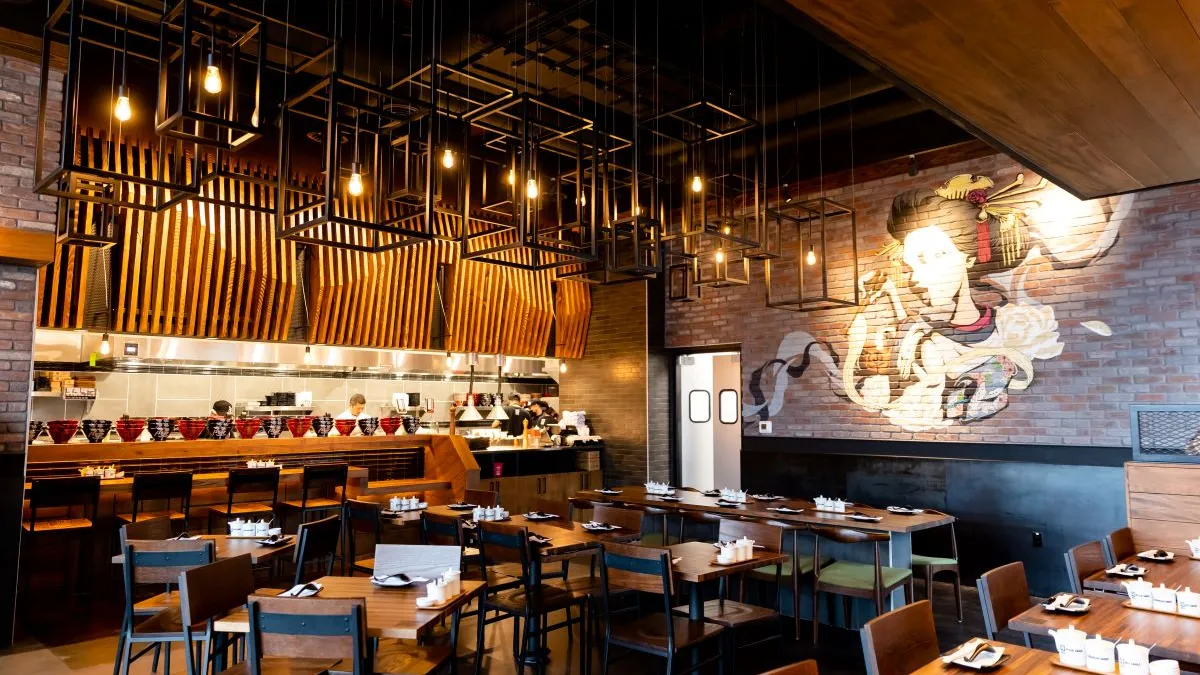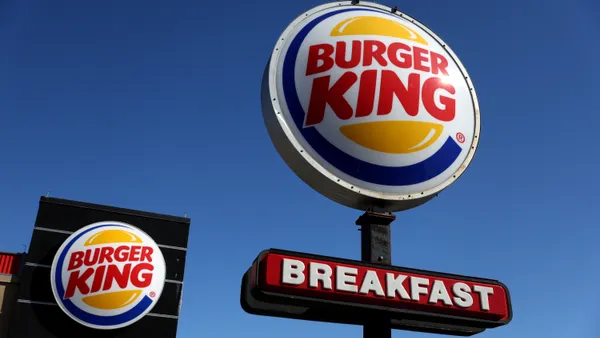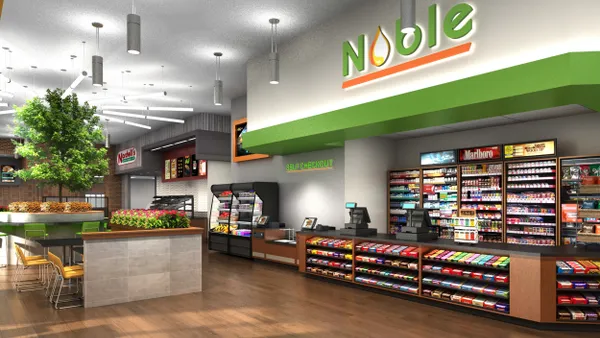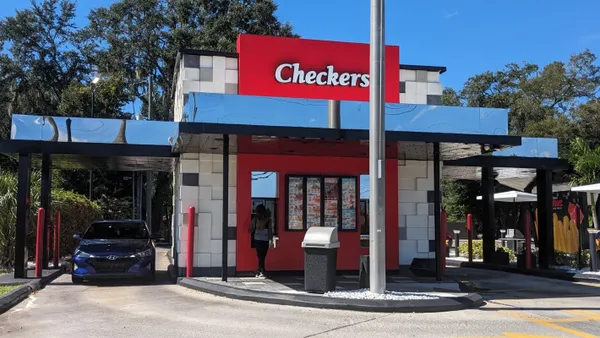Editor’s note: This article is part of an ongoing franchise series, which highlights brands that are new to or aggressively expanding via franchising. Is your restaurant starting to franchise? Email us at [email protected].
Jinya Ramen Bar CEO and founder Tomo Takahashi grew up in the restaurant business. His family owned a restaurant in Japan, instilling in him an appreciation for traditional Japanese cooking that inspired his own entrepreneurial pursuits.
In 2000, Takahashi opened his first Jinya in Tokyo. Between 2002 and 2008, Takahashi operated six more locations in Tokyo, but it was a lifelong dream to own a restaurant in the U.S., said Mike LaRue, Jinya Ramen Bar’s VP of franchise sales.
In 2010, he created Jinya Holdings and opened his first Jinya Ramen Bar in Los Angeles. Three years later, when Jinya Ramen Bar had three restaurants in L.A., Takahashi started franchising the concept. Famed food critic Jonathan Gould wrote a piece about Jinya, which helped kick off demand for the chain, LaRue said. Franchising took off, and the company currently boasts 52 units with over 170 restaurants in the works.
Jinya Ramen Bar offers a menu that lists recognizable ingredients in English, which appeals to Americans, LaRue said. In addition to ramen, the restaurant also offers small plates, rice bowls, curry, salads and mini tacos.
“Everyone has an initial perceived notion of what ramen is,” LaRue said. “People who’ve never been to a Jinya [restaurant] … glace around and it’s crazy. Ninety-eight percent of the feedback is almost this quote: ‘Wow this is not what I expected.’”
Jinya Ramen Bar operates its corporate structure in the spirit of kaizen, which is the Japanese term for continuous improvement. That push for excellence includes finding ways to support franchisees success, LaRue said.

The company uses secret shoppers and assessments to ensure quality and consistency of menu execution and customer service. Jinya Ramen Bar also has a technology stack to support franchisees, including Placer.AI to help with real estate development, NCR Aloha for its point-of-sales system, and Olo, which it added last year, for digital ordering. The company uses Yext for listing review analytics and Hyperlocology as its marketing partner.
“From a technology perspective, we’re always looking to bring in the next best thing that is going to tie into what’s going to put our franchisees in the best position to be successful, whether it’s online ordering … [or] third-party delivery,” LaRue said.
Takahashi’s goal is to eventually open 25 U.S. units annually. Last year, Jinya opened eight and is on its way to opening 10 to 15 this year and 25 in 2024. Jinya Ramen Bar locations are typically 2,800 square feet, and AUVs for 2022 were $2.85 million. The top third of stores reported AUVs of over $4 million.
Development plans: The chain has a little over 170 units in various stages of development, which will be developed within the next eight to 10 years. The company opened eight last year and is on track to open 10 to 15 this year and is slated to reach 25 new units in 2024, LaRue said.
The company is targeting various markets throughout the country, with a cluster of stores forthcoming in the Mid-Atlantic region. LaRue said there are a lot of growth opportunities in the Southeast, and stores are expected to open in Tennessee, Florida, South Carolina and throughout Texas. The brand still has territory available for franchisees in the Northeast, Upper Midwest, Northwest and California, he said.
Ideal franchisees: Jinya Ramen Bar is looking for multi-unit franchisees that have experience in operating casual dining restaurants, LaRue said.














